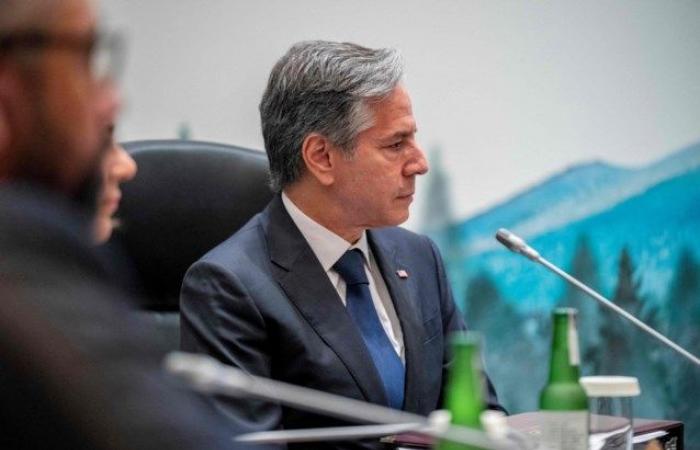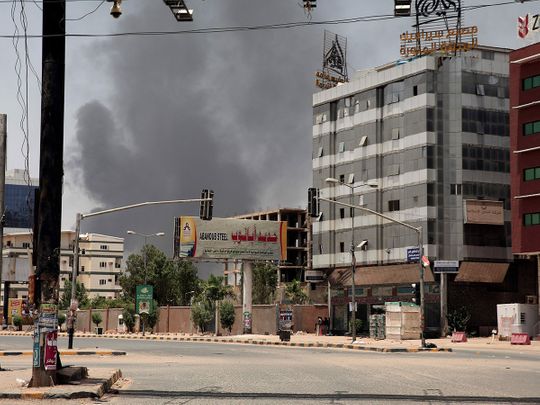After three days of urban warfare, fighting between the army and paramilitaries in Sudan has resulted in 200 fatalities, 1,800 injuries, devastated hospitals, and a shortage of food and medical supplies.
The forces of Sudan's army head Abdel Fattah al-Burhan and his deputy, Mohamed Hamdan Daglo, who is in charge of the potent paramilitary Rapid Support Forces (RSF), engaged in a weeks-long power struggle that erupted into deadly violence on Saturday.

Analysts claim that despite regional and international appeals for a truce and the mobilization of diplomats, the violence in the capital of the protractedly unstable nation is unprecedented and may continue for some time.
Additionally, battles have been across the enormous nation, and regional spillover is feared.
Did you read this?
Terrified citizens of the capital are observing the last and holiest days of Ramadan as tanks rumble through the streets, structures tremble, and smoke from fires sparked by the fighting lingers in the air as they watch from their windows.
Heavy gunfire, artillery, and airstrikes have all been used in the fight.
When forced to leave, people encounter lines for gasoline and bread at open stores. Additionally, residents are experiencing power outages.
In a meeting, Volker Perthes, the chief of the UN mission in Sudan, said that at least 185 people had died and 1,800 had been injured.

The US Secretary of State met with the two generals in charge of the Sudanese armed forces, according to Antony Blinken, and "emphasized the urgency of reaching a ceasefire."
As part of what he called a "reckless" incident, Blinken also disclosed that a US diplomatic convoy was shot at on Monday, though no one was harmed.
On Sunday, the World Food Programme (WFP) announced that it had temporarily ceased its operations in Sudan after three employees were killed in fighting between the Sudanese army and the (RSF) paramilitary Rapid Support Forces the day before.









